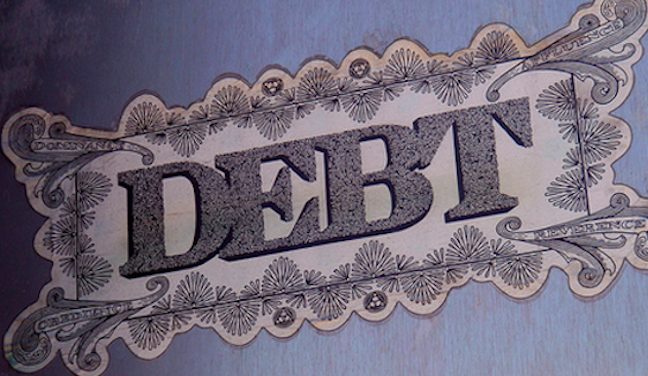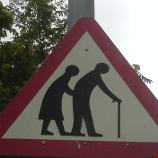It can take years, even decades, for student loan borrowers to repay their debts. To that end, a new report has found that tens of thousands of older adults – including senior citizens – continue to be saddled with mountains of student debt later in life, often having their government benefits cut to repay the costs. [More]
poverty

After 25 Years, Chicago Landlords Continue Rampant Illegal Discrimination Against Section 8 Vouchers
Under Chicago law, landlords are prohibited from discriminating against families who pay all or part of their rent using Housing Choice Vouchers – most commonly referred to as “Section 8.” But a new report shows that thousands of listings for rental properties in the city blatantly disregard the 25-year-old law, showing bias against low-income, minority residents. [More]
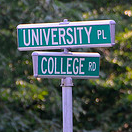
Millennials Who Chose Not To Attend College Are More Likely To Live In Poverty Than Past Generations
The always rising cost of tuition and the number of students graduating college with significant debt might be enough to turn some away from getting a college education. But a new study by the Pew Research Center found that not going to college could be an even more expensive decision. [More]

Here Are Some Signs That Bankruptcy Is Your Best Option
Most people don’t set out to go bankrupt, but a fresh start offered by the maneuver could be a wise and necessary move to recover from such setbacks as poor financial choices made when you were young, medical disasters or a divorce. [More]

10 Million More In Poverty Because Of Medical Expenses, Census Reports
If you were to subtract the cost of health care expenses from family incomes, an additional 10 million more Americans would be considered in poverty by official measures, the U.S. Census Bureau said this week in a new report. [More]
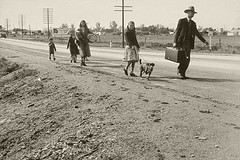
1 In 15 Americans Classify As Poorest Poor
A record number of Americans classify as the poorest poor, according to a new report. Right now, 1 in 15 Americans live at least 50% below the official poverty level of $22,314 per annum for a family of four. That’s making do with about $11,000 a year split between four people. [More]
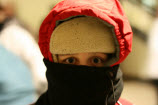
Federal Assistance Cuts Could Literally Leave Poor In Cold
Low-income residents who rely on federal assistance to keep the heat on may be in for a rough winter. Because the U.S. Department of Health and Human Services’s allotment for heating assistance has plunged to $1.7 billion this year from $4.5 billion last year, thousands of homes may not be able to keep the heat on. [More]
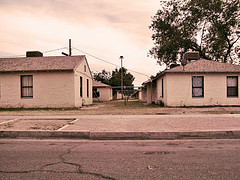
A Richer Way To Measure Poverty
The way we currently measure poverty is, shall we say, based on a paucity of data. New York is deploying a new system of measuring poverty that aims to give a greater depth and richness to the poverty picture. [More]

46 Million Americans Now Living In Poverty, Highest Level In 18 Years
The Office of Management and Budget released its latest census data report today and it doesn’t paint a terribly rosy picture of the current economic situation. [More]

Lessons To Learn From The Recession
No matter what the gross domestic product says, the recession isn’t over for you unless you’re gainfully employed and not mired in pay freezes or threatened with downsizing. But as the economy slowly recovers, you can use what you’ve learned during the economic downturn to strengthen yourself for whatever is coming next. [More]

How Long Could You Survive On $50?
Although poverty isn’t much fun, it can be entertaining and informative to impose severe restrictions on spending for a short period, just to see what you’re made of. [More]
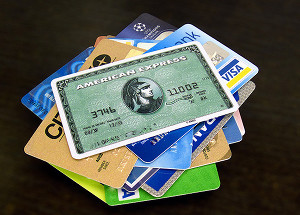
Report Says The Poor Subsidize Credit Card Reward Programs
A new study from the Federal Reserve Bank of Boston says that credit card reward programs have a sneaky hidden cost that the card holder doesn’t have to bear. This occurs because the fee that a retailer pays to run a credit card varies with every card, and reward cards cost more to process–in other words, the card issuer passes the cost of the rewards program on to the retailer. The retailer adapts by raising prices across the board, which distributes the cost of the reward program among all shoppers. [More]

Tainted Fruits, Veggies End Up In The Hood Rather Than Burbs
Researchers found nasty, poison-tainted produce was more likely to end up in poor areas of town. The Drexel University study in the American Journal of Preventive Medicine, highlighted on Journalism Center, says: [More]

Impoverished High School Seniors No Longer Able To Finance Gaudy Proms
The recession continues to rot America’s cultural core, this time by attacking one of our most cherished traditions: prom. Gone are the ice sculptures and $1,000 dresses. America’s children are now buying dresses off racks and trading limos for the family car. Imagine!

How To Raise A Smarter Kid
It turns out kids in wealthier homes have higher IQs, not because of genetics but because of environment. Surely you can be frugal (or just plain poor) and raise a smart one? A psychology professor suggests you focus on praising effort over achievement, and teach delayed gratification—something that also helps when it comes to financial responsibility, so it’s a win/win skill. You should also explain that IQ is expandable, not inherent: “Students exposed to that idea work harder and get better grades.”
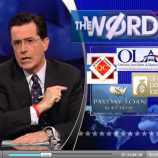
Stephen Colbert Supports Payday Lending, So You Probably Should Too
Chicago Democrat Luis Gutierrez introduced a bill last month that supposedly reforms out of control payday lending, where interest rates can exceed 300%, but actually gives payday lenders the freedom to charge annual interest rates that can exceed, um, 300%. It doesn’t sound like much of a reform, and in fact Gutierrez has been heavily funded by the payday lending lobby. But luckily for you and me, Stephen Colbert explains why this is all a good thing.


